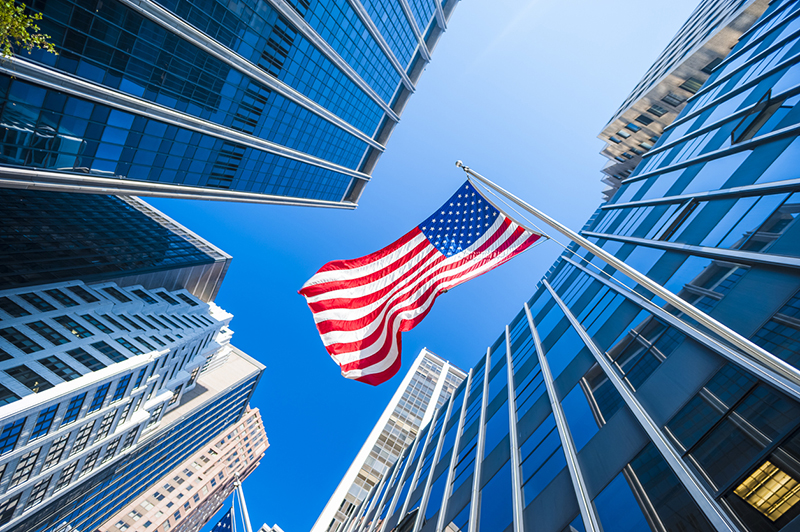Demystifying the Build America, Buy America Act
What to know when sourcing aluminum fenestration

The Buy American Act (BAA) and the Buy America Act (BA) have been in place for many years to foster a preference for construction products and materials sourced and manufactured within the U.S. for use in federally funded infrastructure projects. However, the Build America Buy America Act (BABA) more recently was enacted on Nov. 15, 2021, as part of the Infrastructure Investment and Jobs Act (IIJA). While their acronyms are similar, these acts are all subtly different in their requirements.
How does the newly enacted BABA and its 2023 supplemental guidelines affect the world of aluminum fenestration? Let’s start with a quick history lesson.
The Buy American Act, and “minimal use amount”
The Buy American Act (BAA) of 1933 primarily covers construction materials directly purchased by federal entities’ projects for public use, so it will not be covered in this article. BAA set the precedent for requiring materials to be manufactured in the U.S., otherwise known as “American-Made.”
The Buy America Act (BA) was enacted in 1982 as part of The Surface Transportation Assistance Act. It extended preference requirements to purchases made by third parties (private contractors) for projects that are at least funded in part by federal grants for infrastructure, such as highways, railways and airports.
With BA, the definition of “American-Made” was expanded to mean that all steel and iron components of end products must be mined, melted and manufactured in the U.S.
However, there is one important exception: foreign-sourced materials may be allowed if they are valued at $2,500 or 0.1% (whichever is greater) of the contract value, this is known as the “minimal use amount.” Essentially, goods must be 100% manufactured in the U.S. and all steel and iron components must be mined, melted and manufactured in the U.S.
Build America Buy America Act, and what to know about aluminum sourcing
The 2021 Build America Buy America Act (BABA) expanded BA, applying its requirements to all federal financial assistance programs for infrastructure. After receiving public commentary, the Office of Management and Budget (OMB) later issued a final set of guidelines that went into effect Oct. 25, 2023. These served to clarify and guide federal agencies to implement the requirements of BABA.
Through the OMB’s guidelines, BABA defines the term “manufactured products” and explains the requirements for non-ferrous metals, including aluminum.
Key takeaways for sourcing aluminum fenestration
For our industry to take advantage of BABA and the guidelines related to aluminum fenestration:
- Become familiar with the implementation of the OMB guidance/guidelines for BABA.
- Realize primary and secondary billet must be smelted/melted in the U.S. and that this generally will have the biggest impact to overall cost.
- Remember that aluminum extrusions can be considered construction materials and must be smelted/melted and extruded in the U.S.
- Thermally broken extrusions would be considered as “manufactured products” because they combine two or more items from the construction material list.
- Vents, doors or anything fabricated from multiple components also would be considered as “manufactured products.”
- Know your supply chain and ensure all your manufactured products’ components are sourced in the U.S. per the definitions above or that any non-U.S. components do not impact the 55% of cost rule.
- Finally, talk with your manufacturing partners to understand their materials and the documentation they can provide to support American-Made products on U.S. building projects.


